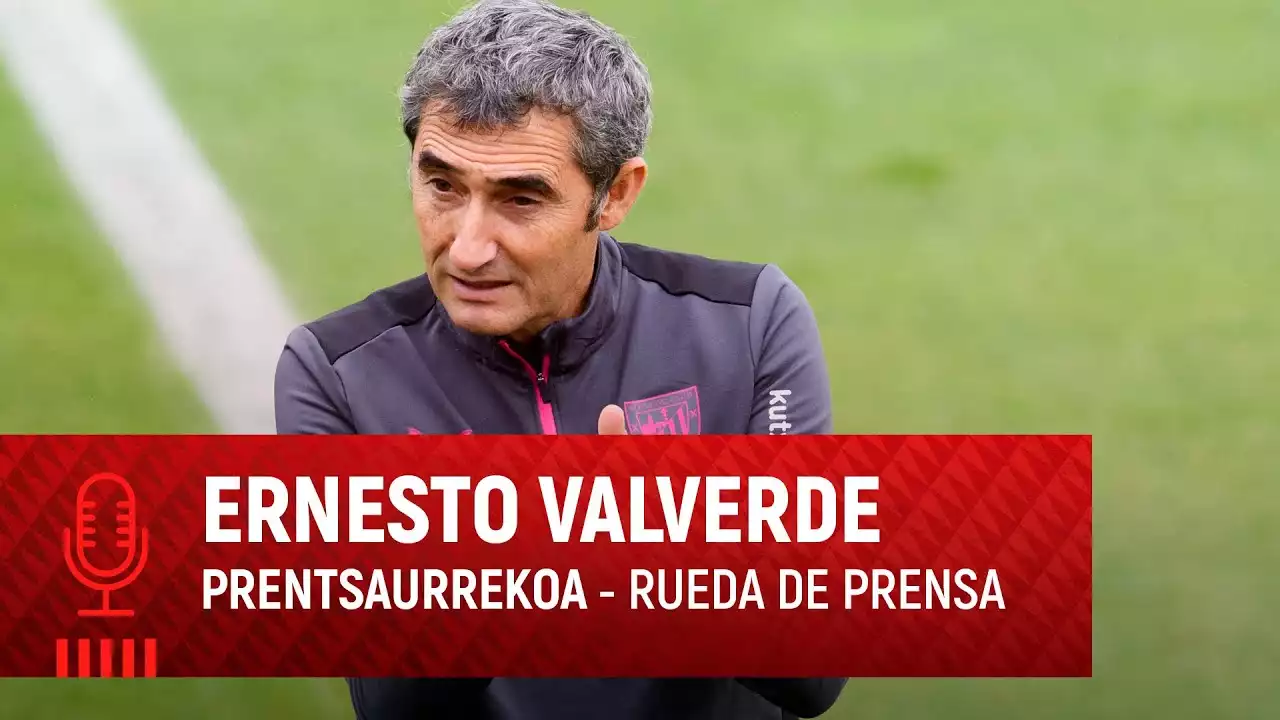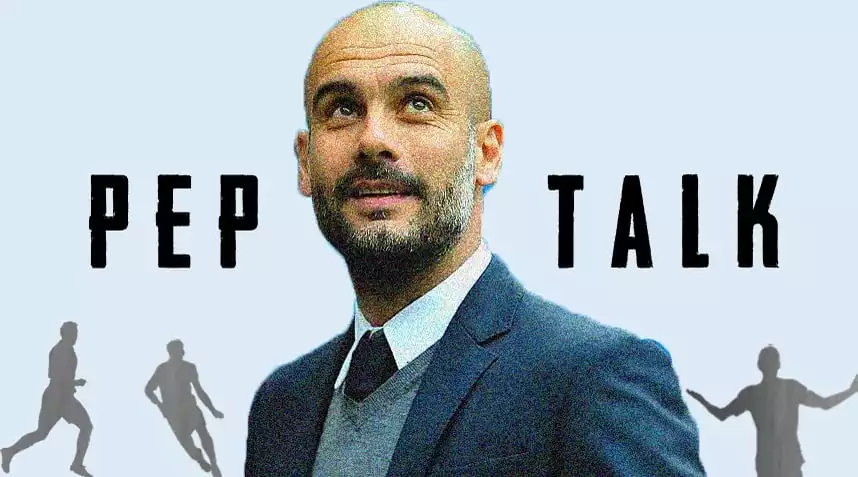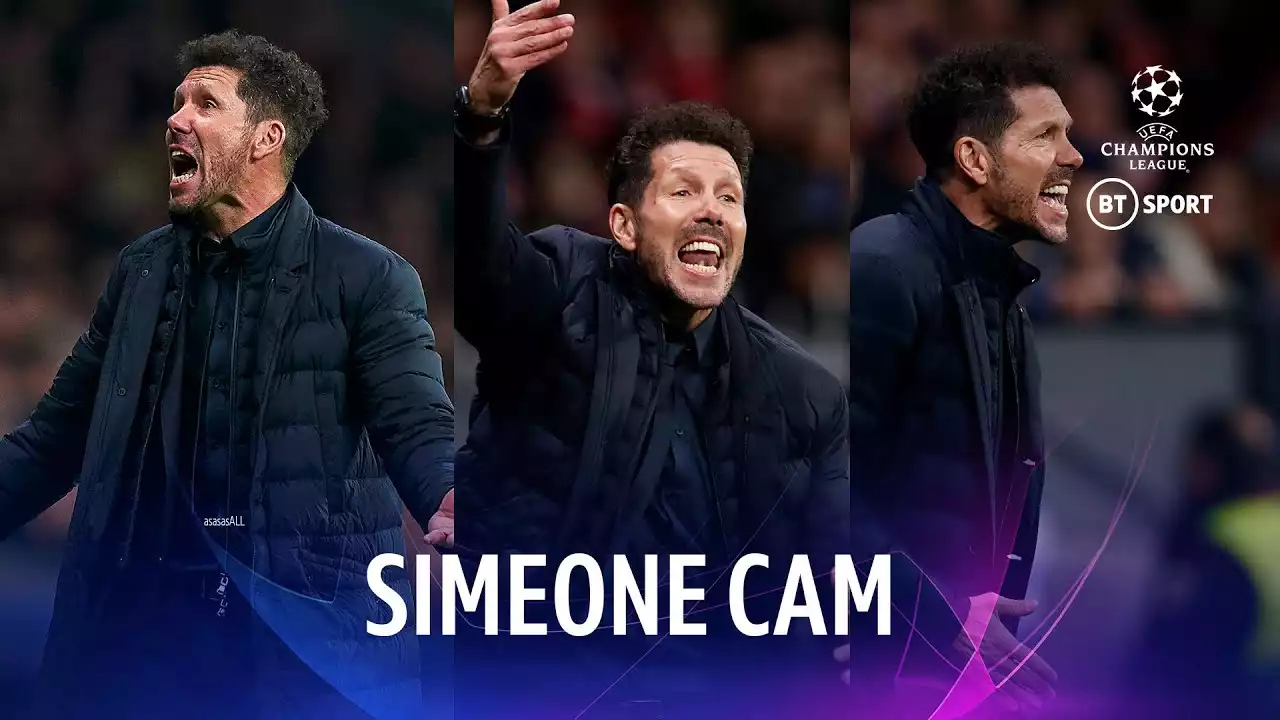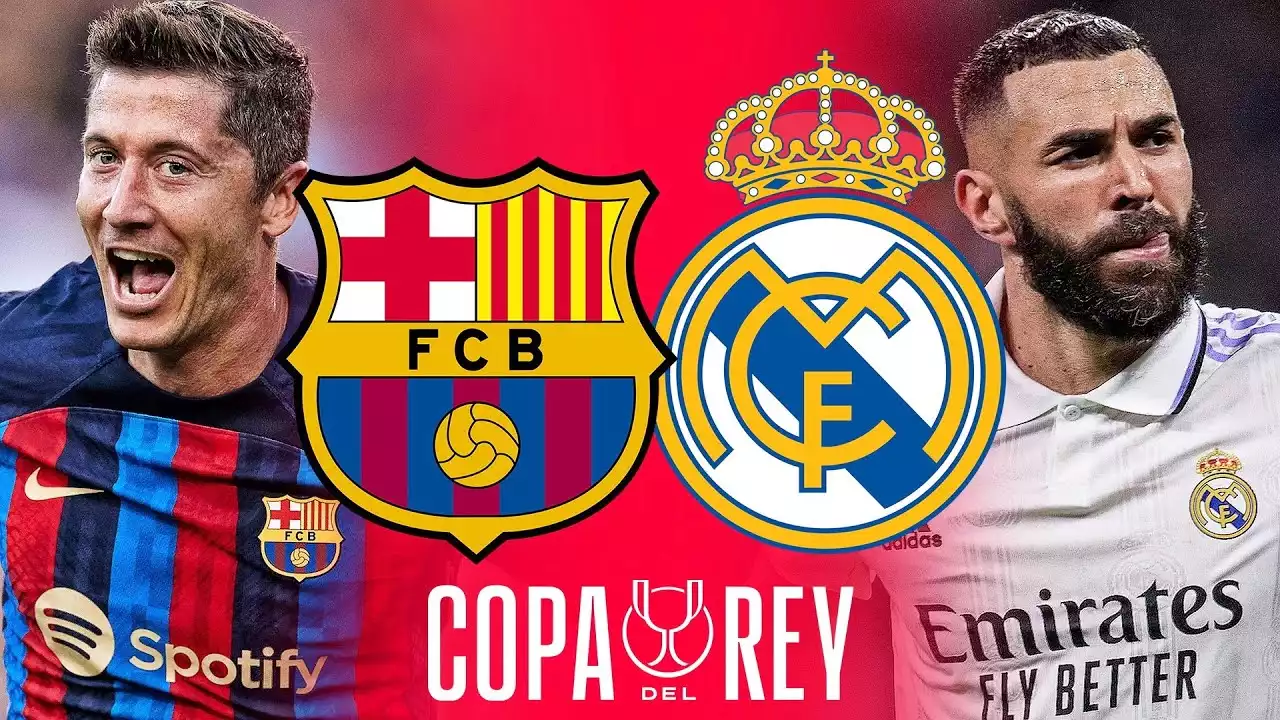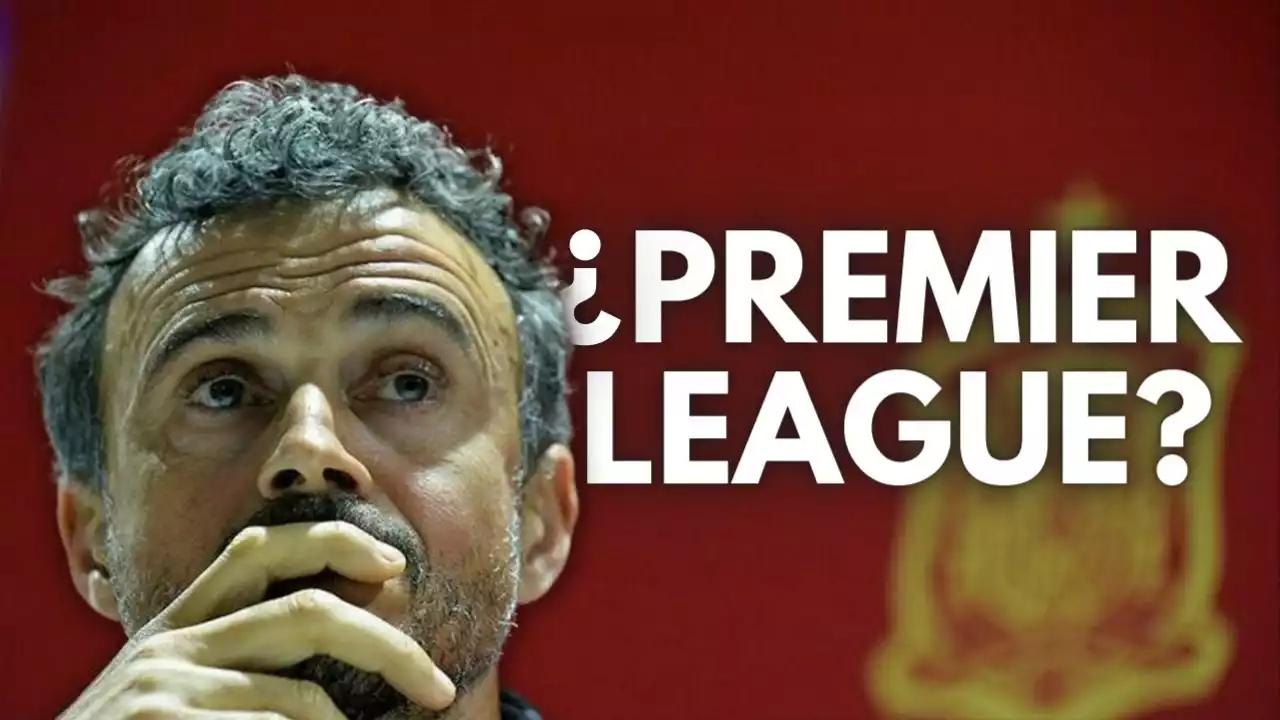Copa del Rey
In the world of competitive sports, the pressure to deliver results can be immense. For soccer managers, losing a match can sometimes have severe consequences, even resulting in their dismissal. This was evident in the Copa del Rey, Spain's most prestigious domestic cup competition, where some managers faced the axe after a disappointing loss.
When the stakes are high and expectations are through the roof, a single defeat can be enough to jeopardize a manager's position. Club owners and boards are often quick to react, seeking immediate changes to get their team back on track.
Sometimes, it's the manner of the defeat that amplifies the ramifications. Fans, sponsors, and the media all scrutinize every move, analyzing tactics, team selection, and individual performances. In the aftermath of a Copa del Rey loss, the intensity of these criticisms can lead to swift managerial changes.
While being fired after a Copa del Rey loss may seem harsh, it highlights the immense pressure managers face in the world of professional soccer. These dismissals serve as a reminder of the high stakes involved and the demanding nature of the industry.
The Pressure on Managers in Football
Managing a football team is no easy task. The pressure is immense, with expectations from fans, club owners, and the media constantly weighing on the manager's shoulders. Every match is crucial, and a single defeat can have serious consequences.
When it comes to the Copa del Rey, the pressure is even higher. This prestigious cup competition is widely watched and followed by millions of fans around the world. The stakes are raised, and managers are expected to deliver success.
The pressure on managers in football goes beyond just winning matches. They are responsible for building a cohesive team, developing strategies, and managing the egos and personalities of the players. It's a delicate balance that requires exceptional leadership skills and the ability to handle high-pressure situations.
In such a competitive environment, where the margin for error is slim, a loss in the Copa del Rey can be the breaking point for a manager. The expectations are sky-high, and anything less than victory can be seen as a failure.
Notable Managers Who Were Fired After a Copa del Rey Loss
Over the years, there have been several notable cases where managers were fired following a Copa del Rey loss. These dismissals highlight the ruthlessness of the football industry and the lack of patience shown by club owners and boards.
One such manager is Jose Mourinho, who was at the helm of Real Madrid during the 2012-2013 season. After a disappointing loss to Atletico Madrid in the Copa del Rey final, Mourinho faced immense criticism from fans and the media. Despite winning the La Liga title that season, the loss in the Copa del Rey final was seen as a major setback. Real Madrid's board decided to part ways with Mourinho, emphasizing the importance of success in domestic cup competitions.
Another high-profile case is Ernesto Valverde, who was the manager of Barcelona. Despite leading the team to numerous domestic titles, including two consecutive La Liga titles, Valverde faced immense scrutiny after a shocking defeat to Valencia in the Copa del Rey final in 2019. The loss was seen as a significant failure for Barcelona, and Valverde was relieved of his duties shortly after.
These cases demonstrate that even managers with successful track records are not immune to the consequences of a Copa del Rey loss. The pressure to win is immense, and any perceived failure can have severe ramifications for a manager's career.
Case Study: Jose Mourinho and His Departure from Real Madrid
Jose Mourinho's tenure at Real Madrid was marked by both success and controversy. He led the team to several major trophies, including the La Liga title, but his time at the club came to an end following a Copa del Rey loss.
In the 2012-2013 season, Real Madrid reached the Copa del Rey final, where they faced their arch-rivals, Atletico Madrid. The match ended in a 2-1 defeat for Real Madrid, and Mourinho faced heavy criticism for his team's performance.
Despite winning the La Liga title that season, the loss in the Copa del Rey final was seen as a major disappointment. Real Madrid's board, under pressure from fans and sponsors, decided to part ways with Mourinho. The decision showcased the importance placed on success in domestic cup competitions and the high expectations set for managers at Real Madrid.
Mourinho's departure from Real Madrid serves as a reminder of the ruthless nature of football management. Even a highly successful manager can be let go following a single defeat, highlighting the intense pressure and high stakes involved in the industry.
Case Study: Ernesto Valverde and His Dismissal from Barcelona
Ernesto Valverde's time as the manager of Barcelona was marked by domestic success but ended abruptly following a Copa del Rey loss. Despite leading the team to two consecutive La Liga titles, Valverde faced immense criticism after a shocking defeat to Valencia in the Copa del Rey final in 2019.
The loss in the Copa del Rey final was seen as a significant failure for Barcelona, and the club's board decided to make a change. Valverde was dismissed from his position, despite his overall successful tenure at the club.
The decision to fire Valverde sparked controversy and divided opinions among fans and experts. While some believed that the loss in the Copa del Rey final was reason enough for his dismissal, others argued that his overall record and the team's success in the league should have been taken into account. The incident highlighted the difficult decisions club owners and boards have to make when it comes to managerial changes.
Valverde's dismissal serves as a cautionary tale for managers in the football industry. Even with a successful track record, a single defeat in a prestigious cup competition can have severe consequences.
Impact of a Copa del Rey Loss on a Manager's Career
A Copa del Rey loss can have a significant impact on a manager's career trajectory. The scrutiny and criticism that follow such a defeat can tarnish a manager's reputation and make it difficult for them to find new opportunities.
When a manager is fired following a Copa del Rey loss, it sends a message to the footballing world that they were not able to handle the pressure and deliver the desired results. Other clubs may be hesitant to hire a manager who has experienced such a high-profile failure, making it challenging for them to find a new job.
Additionally, the intense media scrutiny and public backlash that often accompany a Copa del Rey loss can further damage a manager's reputation. Their tactical decisions, team selection, and overall performance are put under a microscope, and any perceived mistakes or shortcomings are heavily criticized.
For managers who aspire to reach the pinnacle of the footballing world, a Copa del Rey loss can be a major setback. It highlights the unforgiving nature of the industry and serves as a reminder that even the most successful managers are not invincible.
Criticisms and Controversies Surrounding the Decision to Fire Managers after a Copa del Rey Loss
The decision to fire a manager after a Copa del Rey loss is not without its critics and controversies. While some argue that the high expectations and pressure justify such actions, others believe that it is an overreaction and fails to account for a manager's overall performance.
Critics argue that a single defeat should not overshadow a manager's achievements and contributions to the club. Success in a long and demanding season, such as the La Liga, should be given more weight than a single cup competition. They argue that managers should be judged on their ability to consistently perform at a high level, rather than being solely defined by a single defeat.
Additionally, some critics question the timing of managerial changes. They argue that making a drastic decision immediately after a loss does not allow for proper reflection and analysis of the situation. Emotional reactions and knee-jerk decisions may not always be in the best interest of the club in the long run.
These criticisms and controversies highlight the complex nature of managerial decisions in football. The fine balance between immediate results and long-term success is a constant challenge for club owners and boards.
Lessons Learned from These Managerial Dismissals
The managerial dismissals that have followed Copa del Rey losses offer several valuable lessons for both managers and club owners.
For managers, these dismissals serve as a reminder of the high-pressure nature of the industry. They highlight the importance of delivering results, not just in prestigious cup competitions, but throughout the entire season. Managers need to be prepared to handle the intense scrutiny and criticism that comes with a defeat and find ways to bounce back.
Club owners and boards can also learn from these dismissals. While the desire for immediate success is understandable, it is crucial to consider a manager's overall performance and the team's progress. Knee-jerk reactions may not always yield the desired results and can disrupt the stability and continuity of a club.
Ultimately, the lessons learned from these managerial dismissals revolve around finding the right balance between short-term and long-term goals. Success in football is not solely defined by a single defeat or victory, but by sustained performance and progress.
The Role of Fan Expectations in Managerial Decisions
Fan expectations play a significant role in managerial decisions, especially following a Copa del Rey loss. Fans are often the most vocal critics, expressing their frustrations and disappointment when their team fails to meet expectations.
For club owners and boards, fan reactions can heavily influence their decision-making process. The pressure to appease the fanbase and avoid backlash often leads to swift managerial changes after a defeat. The desire to satisfy the fans' thirst for success can override a more measured and analytical approach to managerial decisions.
In some cases, fan pressure can lead to knee-jerk reactions that may not be in the best interest of the club. Emotional responses and impulsive decisions can disrupt the stability and progress of a team, making it difficult to build long-term success.
However, fans are an integral part of the footballing world, and their passion and support are what make the sport so special. It is crucial for club owners and boards to strike a balance between listening to fan sentiments and making decisions that are in the best interest of the club's long-term success.
